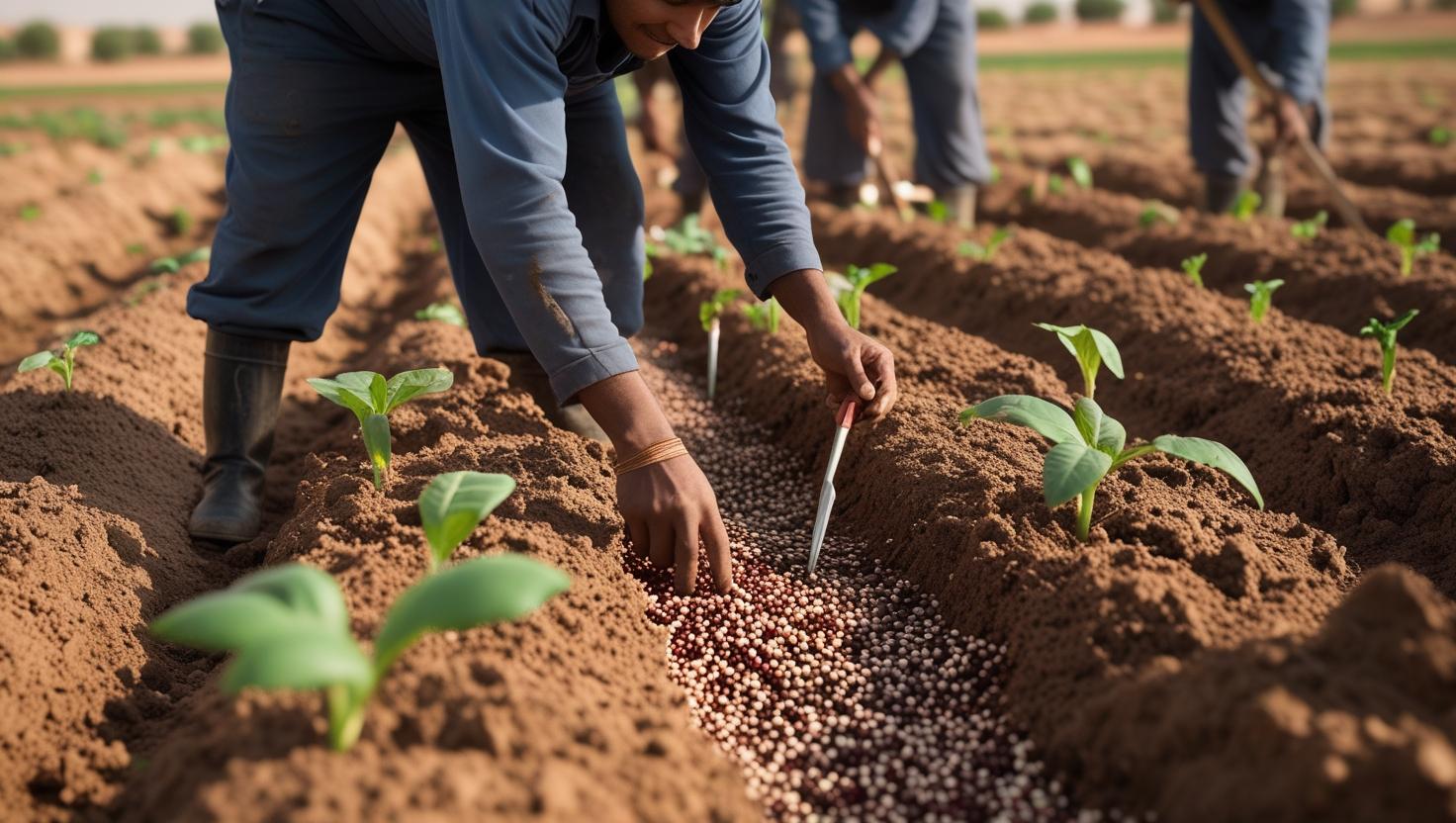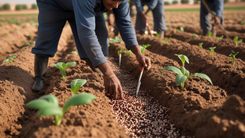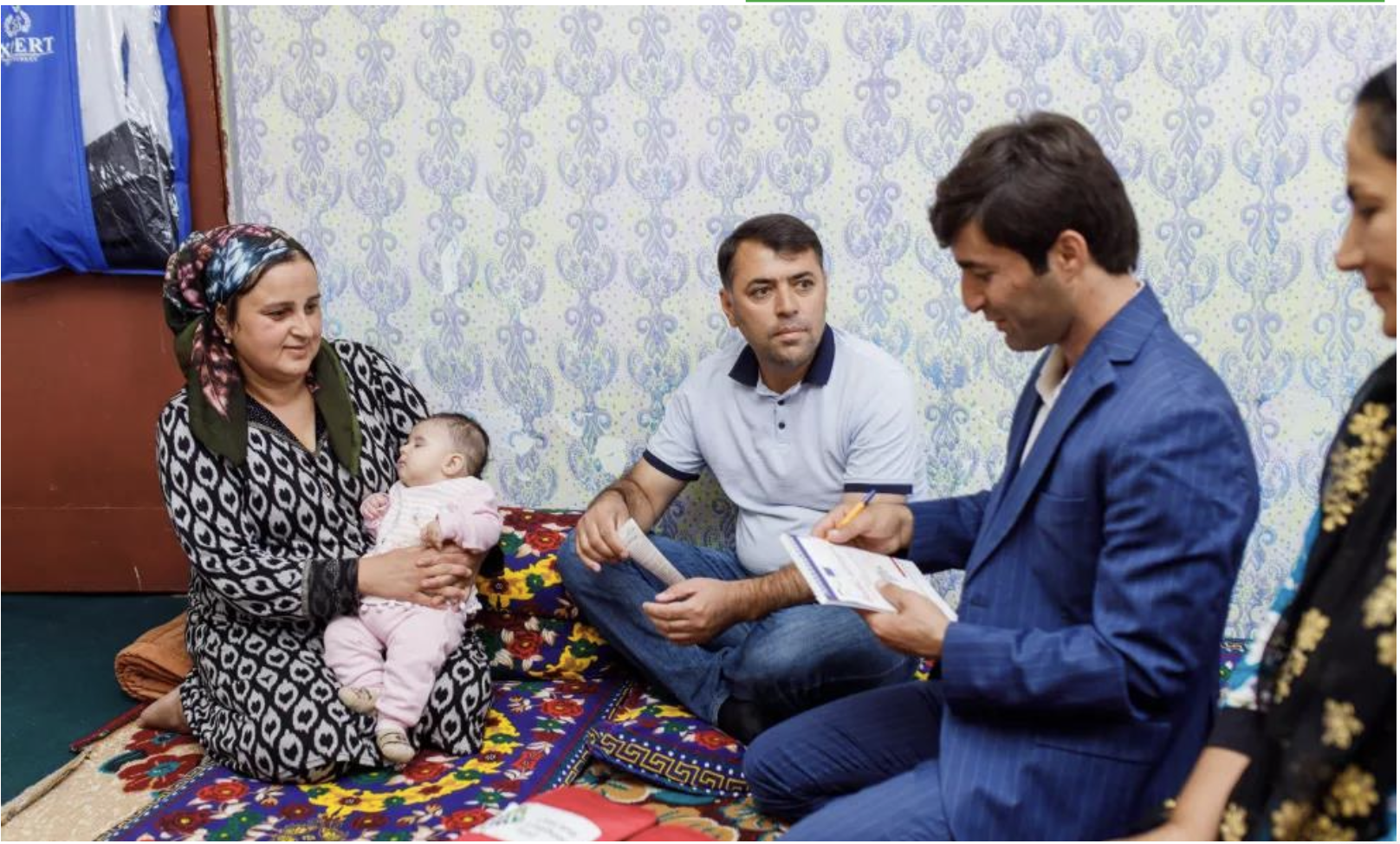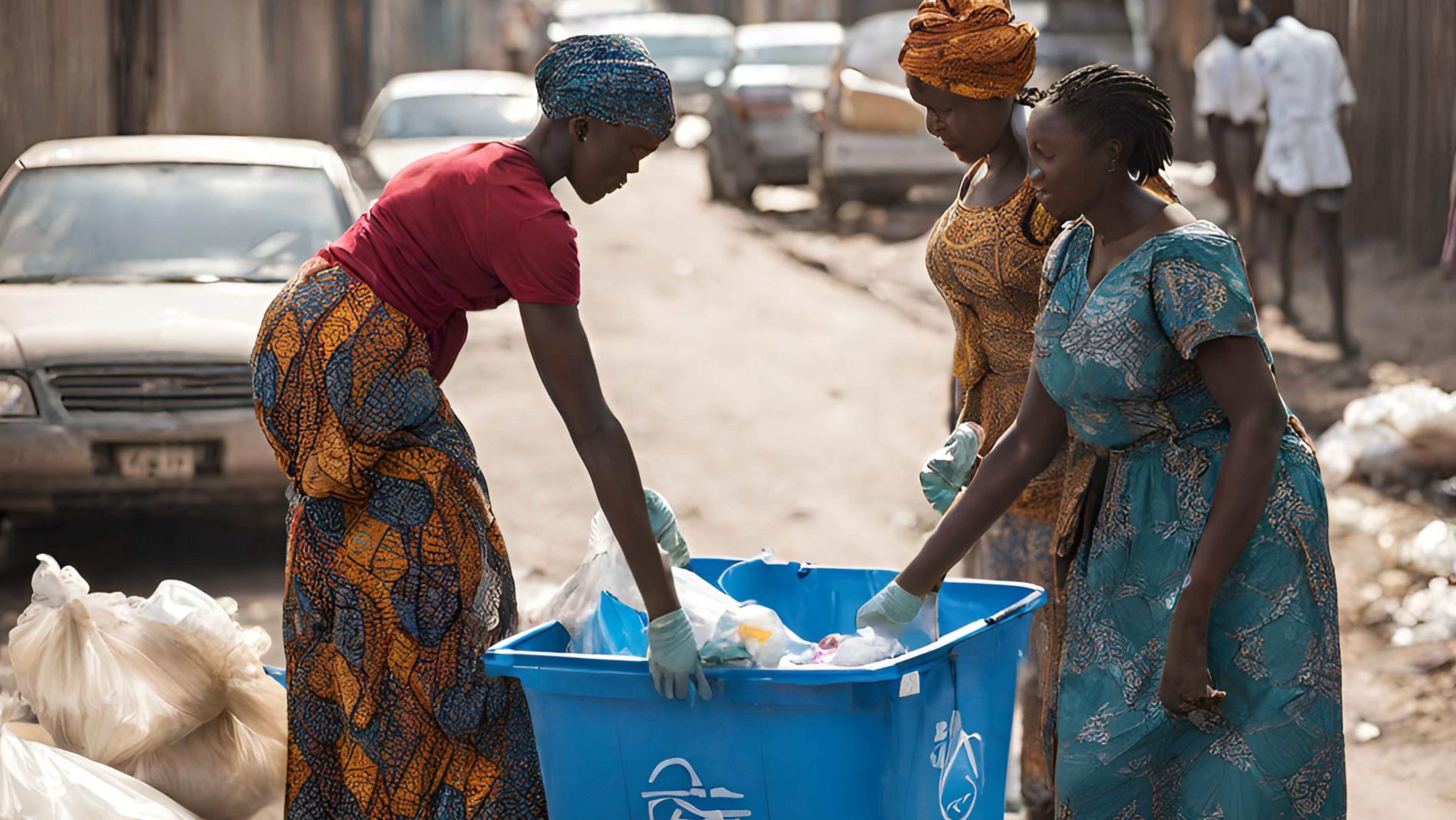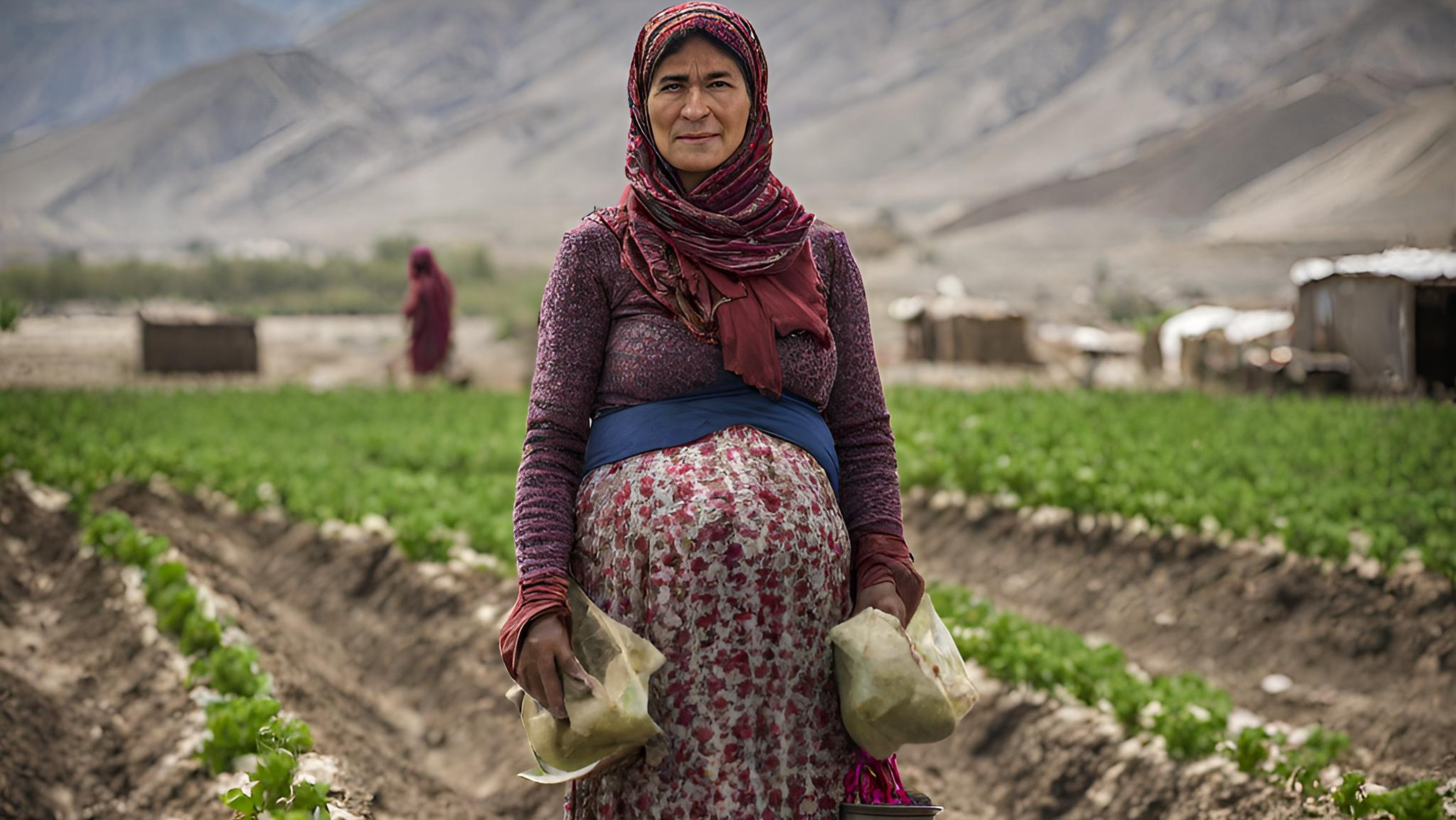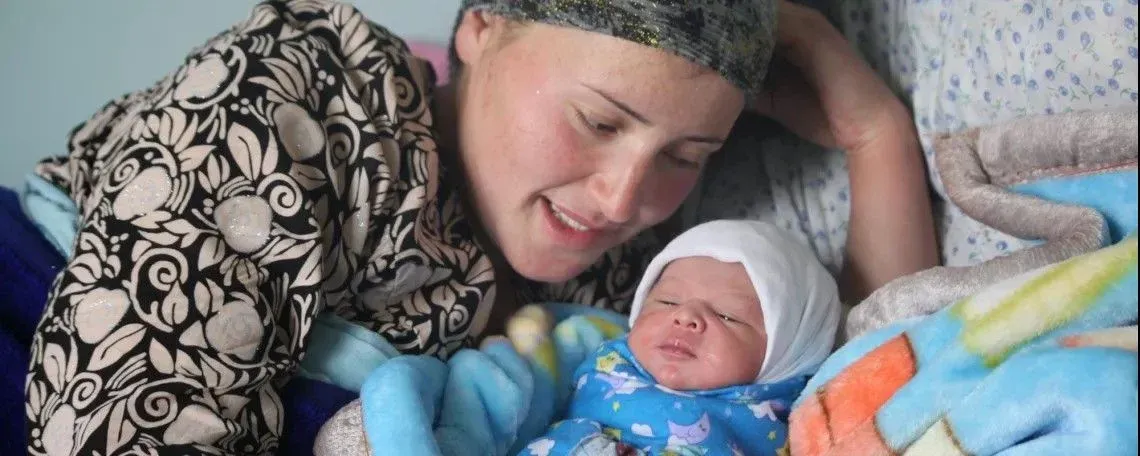Latest updates
Climate Champions - Stopping climate rollercoaster with coffee
The story of 59-year old Beti Namusisi would strike a chord with many coffee farmers who’re reeling from erratic changes in temperatures and weather patterns in Uganda and across the globe.
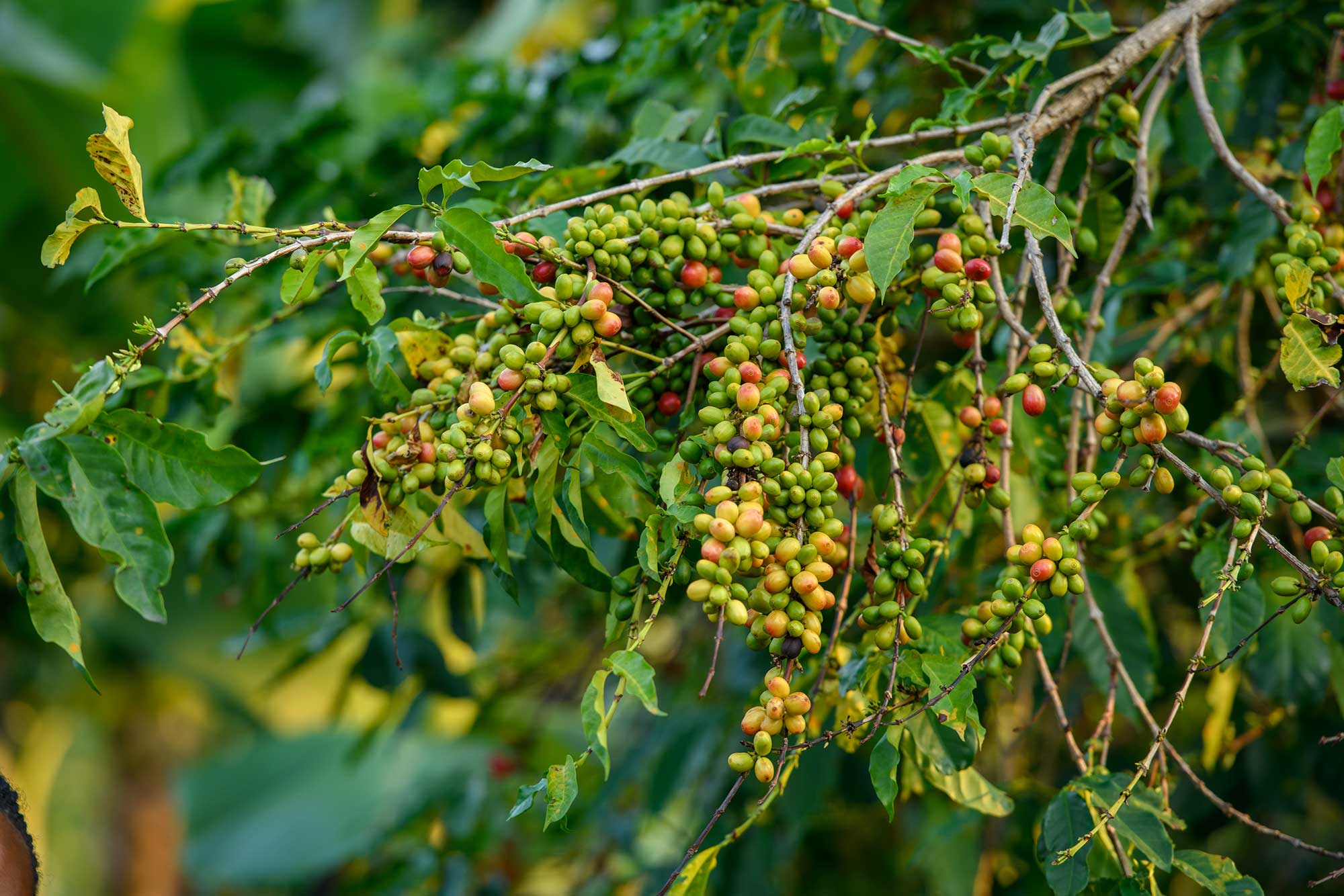
The ancient forests and hills in the west are nurseries of Uganda’s signature robusta coffee plant, making it one of the most intensively farmed crops. It is a source of livelihoods for as many as 1.7 million smallholder farmers. But, as greenhouse gases warm up the planet, these farmers are scrambling to save their precious lands and plantations from climate change.
Strength and nutritional value of the soil in Namusisi’s plantation area has weakened over the last few years. While landslides – the latest in climate rollercoaster – have left her coffee fields and other crops awash.
“It’s a seasonal struggle to save our coffee produce and other crops from one disaster after another. I’ve been surrounded by coffee my whole life, but the way weather has taken toll on our crops lately was unknown to us previously,” recollects Namusisi, who owned eight acres of land at the time of her husband’s death, but low farm yields and lack of production have cast a long shadow over her family asset. She was forced to sell some of her land to provide for her children and marry them off.
Things began looking up for 1,883 coffee farmers like Namusisi when the Lives and Livelihoods Fund (LLF), in collaboration with the Government of Uganda, initiated a US$ 33 million intervention, titled, Local Economic Growth Support (LEGS) Project, in 17 districts.
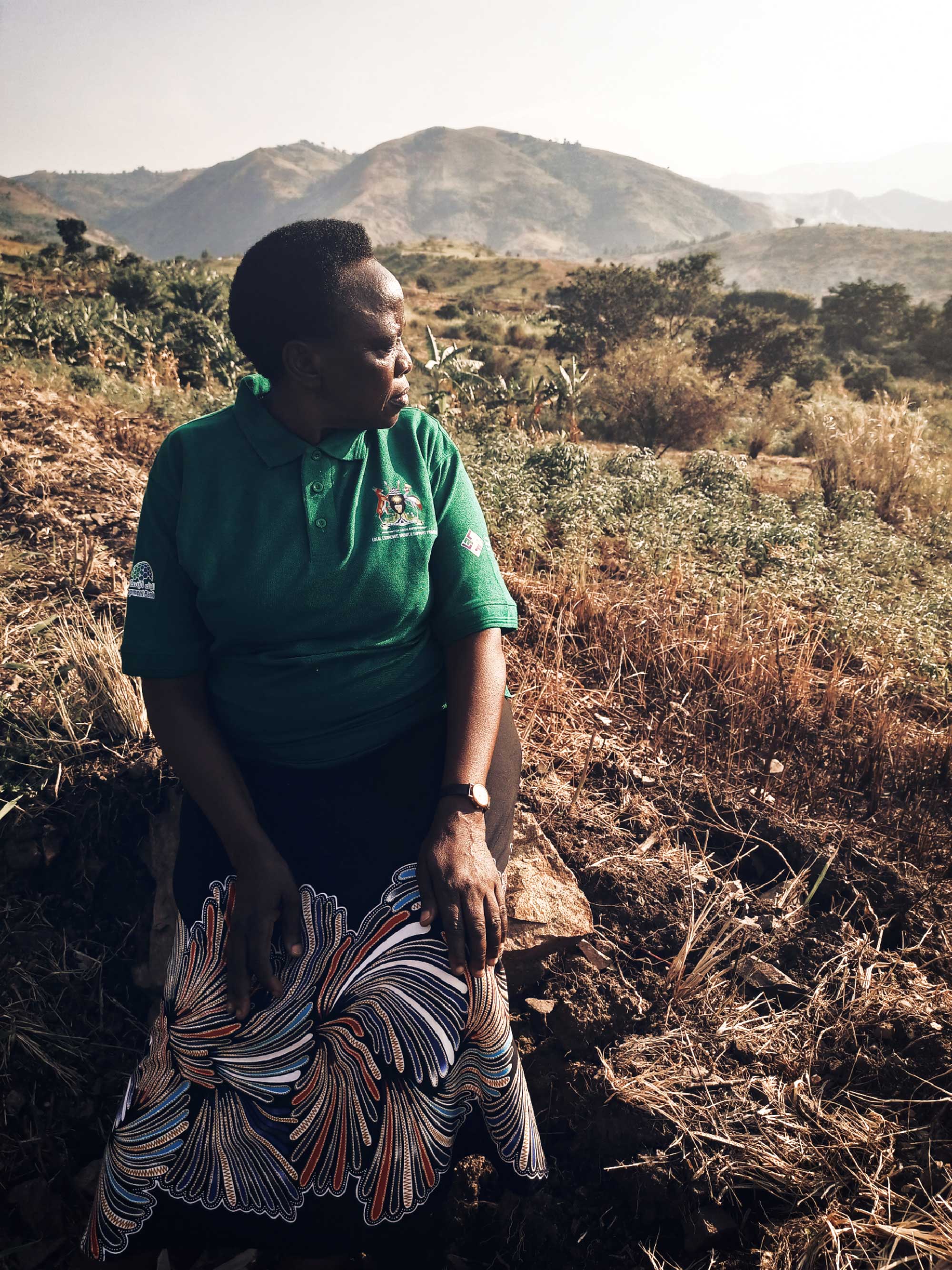
The coffee farming families in Nombe sub-county have been engaged in monoculture farming methods for decades. This has resulted in intensive farming having a direct bearing on the quality of coffee produce and availability of crop varieties in the region.
“Earlier we were practicing the age-old tradition of ‘kwaujuru’, whereby all crops were mixed up and grown in an unplanned manner. LLF showed us how we were exhausting the soil nutrients which was also impacting our environment. In short, we were doing everything wrong and LEGS Project helped us correct our course,” said Namusisi.
Working together with local government, extension workers and Nombe Storage and Millers Cooperative, the Fund has made strategic investments in building the capacity of local coffee growers, in addition to providing them with quality farm inputs. One of the key objectives of LLF’s LEGS project is to prevent land from running into the ground, and helping farmers preserve and manage soil which is a vital and finite resource, integral to our ecosystem and human well-being.
“The LEGS project has been a game changer for me and other farmers in my village. The incredible contribution that the project has made in our lives is empowering us with knowledge and skills. These are our new weapons against any onslaught of weather in coming seasons.
“We have been trained on new farming methods such as terrace-making for flood control and mulching for speedy growth. We have also learnt how to divide our lands to grow beans, maize, and cassava. This is allowing us to keep our land in production while protecting the environment,” told Namusisi.
The hallmark of the LLF-funded LEGS project has been its integrated approach to ensure every farmer is a better steward of their land. This has been achieved by increasing coffee production without expanding farm footprint.
The use of organic fertilizer, access to clean water, construction of coffee processing facility and rural access road that brings different food markets to farmers' doorstep have all contributed to make coffee farming an economically sustainable and eco-friendly activity.
“LEGS is helping us in more ways than one. Previously, we were using contaminated water in the fields and at home. But the Gravity of Water Flow Scheme from Nyakatoke to Nombe and Itoja distrcits is protecting our water streams from pigs and dogs,” said Namusisi, who was earning US$ 180 per season before LEGS; now her income has increased up to US$ 500. “With the newly constructed coffee processing facility and feeder road, I’m expecting to earn up to US$ 800. Also, my farm acreage has increased from one acre to three acres over a period of two years. I cannot thank LEGS and LLF enough for giving us a lifetime opportunity,” added Namusisi.
The Lives and Livelihoods Fund is doubling down its support for climate-smart agriculture across the agricultural value chains through responsive financing and integrated development programs to enhance productivity, improve resilience, and reduce GHG emissions.
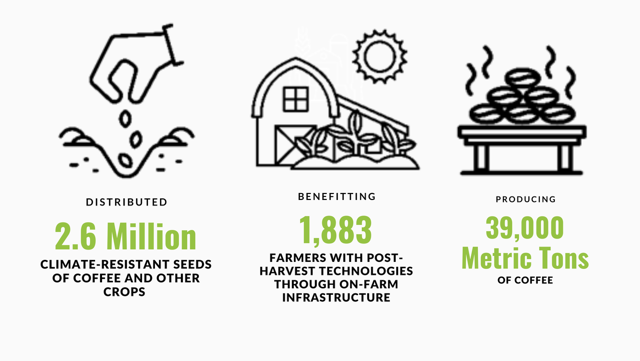
Related articles
Cookies
By browsing our website you accept our Terms and Conditions
